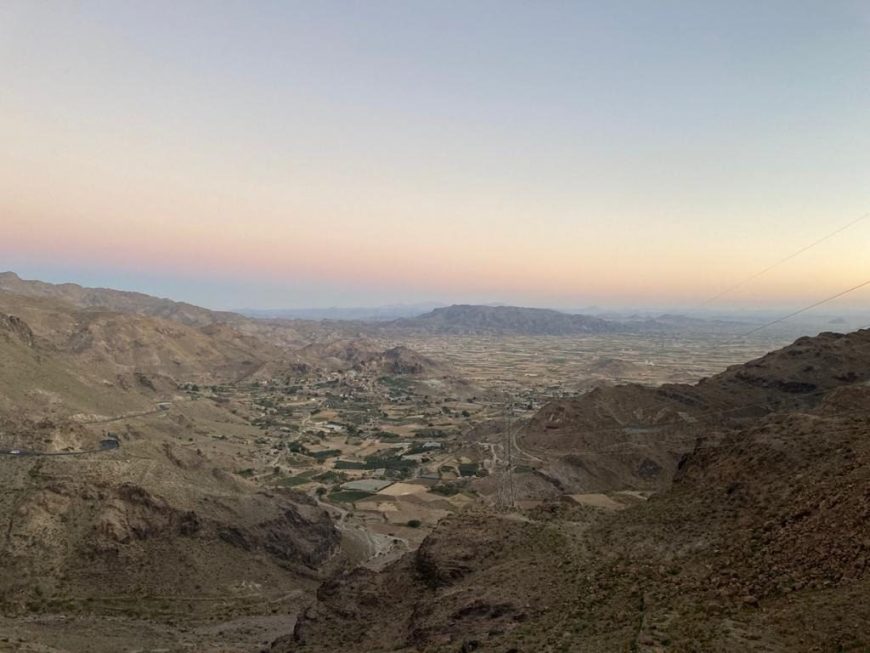Since 2014, conflict and an economic crisis have driven over four million Yemenis from their homes; over one in ten Yemenis are currently displaced and almost 90% of those have been so for over a year.
The situation in Yemen has become a protracted crisis and shows no sign of improving. This puts huge pressure on humanitarian actors providing assistance and so more sustainable solutions are required.
To rise to this challenge, ACTED and its partner organisations are working in a Consortium to pilot ‘Durable Solutions’ in Yemen. This approach combines the key, life-saving elements of a humanitarian intervention with recovery and strengthening of social cohesion efforts as a foundation for actions which help families consolidate their resources and begin building a future.
What are Durable Solutions?
IDPs in Yemen face a daunting set of challenges.
Many of these families were forced to flee with little warning, not giving them time to take their belongings or inform their family members. The crucial connections with their communities have been severed, leaving them little in terms of a support network.
With no permanent home, they are often hostage to the whims of landowners who are able to evict them with little notice. These families are thus unable to rely on access to basic services, including clean water, food, health facilities and education. It also makes it very hard to find reliable work which has the knock on effect of reducing income. Children often pay the highest price for this as they miss out on education putting them at risk of early marriage or recruitment into armed groups.
‘Durable Solutions’ * are interventions that deliver long-term, sustainable benefits for communities, rather than a short-term, emergency response. These solutions support communities in building their resilience and allow them to become less reliant on humanitarian assistance.
We achieve a Durable Solution when an IDP no longer has specific assistance and protection needs that are linked to their displacement: They can enjoy their human rights without discrimination resulting from their displacement.
* Durable Solutions are informed by the core principles of the Inter Agency Standing Committee (IASC) Framework on Durable Solutions for Internally Displaced Persons. https://interagencystandingcommittee.org/other/iasc-framework-durable-solutions-internally-displaced-persons
There are three key ways in which IDPs can reach durable solutions: they are able to safely return to their original home; they can integrate into the community in which they have settled; or they are able to integrate into a new location.
Where is this project taking place?
Dhamar is located in northern Yemen, south of the capital, Sana’a, and Lahj is located in south-west Yemen, bordering Aden. Displaced families are drawn to these areas as they offer a level of security which does not exist elsewhere.
Dhamar hosts an estimated 185,300 IDPs, whilst Lahj is home to approximately 87,600 IDPs; an increase of almost 10% in both governorates since 2018.

What have we achieved to date?
The Partners are coordinating with the local authorities in Lahj and Dhamar governorates to ensure they are satisfied with the project and engaged with the process.
At present, our teams are carrying out need assessments which include interviews with district managers and community leaders to gain more in-depth knowledge about each location. This approach allows ACTED and its Consortium partners to deliver an intervention that meets the most urgent needs of the communities.
Next steps in 2021
In 2021, ACTED and its Consortium partners will begin implementing project activities which will include: cash assistance and livelihoods opportunities; rehabilitation of water points and provision of hygiene kits; access to healthcare through the rehabilitation of facilities; support in replacing personal legal documents; support in relocation and accessing housing; capacity building and provision of small business grants to local organisations; and capacity building of communities and local authorities.
Through ensuring households’ most basic needs are met, we are enabling them to fully focus on increasing their resilience through capacity building and income-generating activities. Thus providing them with the tools to move away from relying on humanitarian assistance and towards their own longer term solutions.
In a Consortium with CARE, DRC, IRC, NRC and Search for Common Ground, ACTED is providing a multi-sectoral integrated support to vulnerable communities in the governorates of Lahj and Dhamar, with a special focus on internally displaced people (IDPs), those returning to their homes, and communities hosting displaced people.
Under this EuropeAid-funded project, the Consortium led by ACTED will promote resilience and social cohesion through an integrated response in vulnerable communities in Yemen.